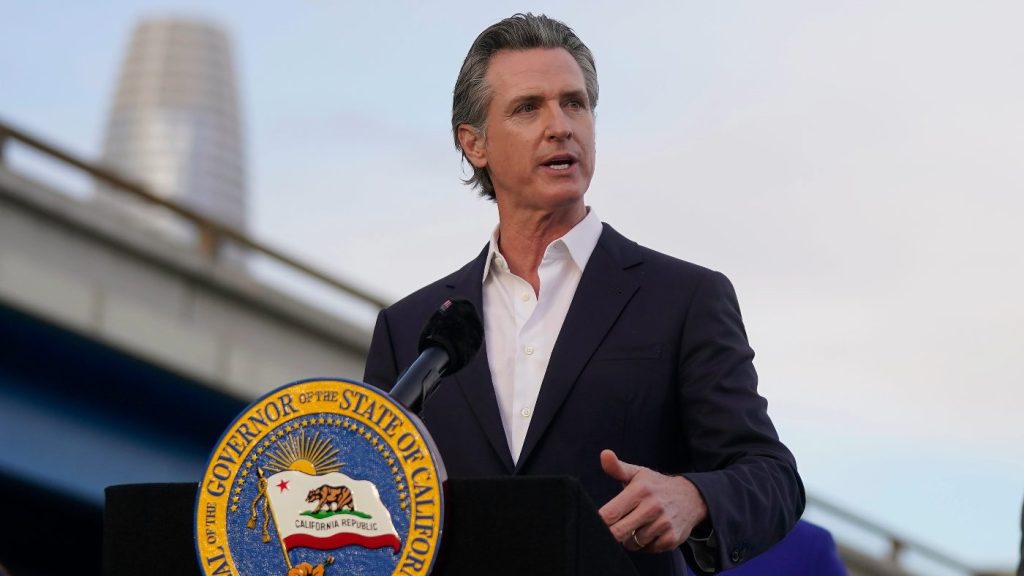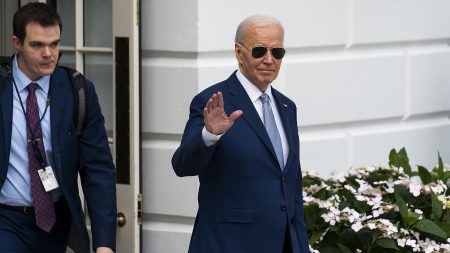A proposition that would mandate California counties to address the crisis of homelessness barely garnered enough votes to pass on Wednesday evening.
Roughly 50.2 percent of California voters have now supported Proposition 1, as per the state’s unofficial election results from March 5. If approved, the proposition will allow $6.38 billion in bonds to construct mental health facilities and more housing for individuals dealing with mental health, substance abuse, or alcohol problems.
Governor Gavin Newsom (D) of California backed the proposition and raised over $13 million to advocate for it, according to The Associated Press. The AP pointed out that the state represents around one-third of the homeless population in the United States, and that roughly 181,000 Californians require housing.
“This is a significant triumph for implementing drastically different methods in handling homelessness. It's the most substantial change that California has experienced in DECADES. Now it's time to get to work—fixing the harm caused by decades of unfulfilled promises and negligence towards those enduring severe mental illness. Thank you, California,” stated Newsom wrote on X, on Twitter.
Proposition 1, marketed as Treatment Not Tents, would construct adequate housing to accommodate over 11,000 residents. It will also concentrate on veterans enduring homelessness by allocating $1 billion to confront the issue.
Additionally, it will allocate funds to recruit more professionals to support individuals with mental health challenges.
To finance the additional funding, it wouldn't increase taxes, but would mandate counties to allocate two-thirds of the funds from a 2004 tax imposed on millionaires for mental health services towards housing and other programs for those who are homeless and have mental health challenges.
Critics of the proposition have argued that it could exacerbate the problem, with rural counties being required to allocate the same portion of funds as urban areas like San Francisco, as per the AP. Critics claim they would need to redirect funds from existing programs to comply with the new requirements.
It took over two weeks for the proposition to be approved in the heavily Democratic state.
The Associated Press contributed.









